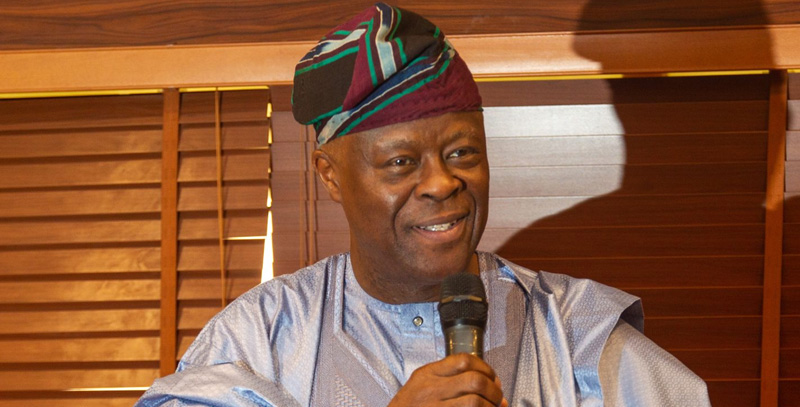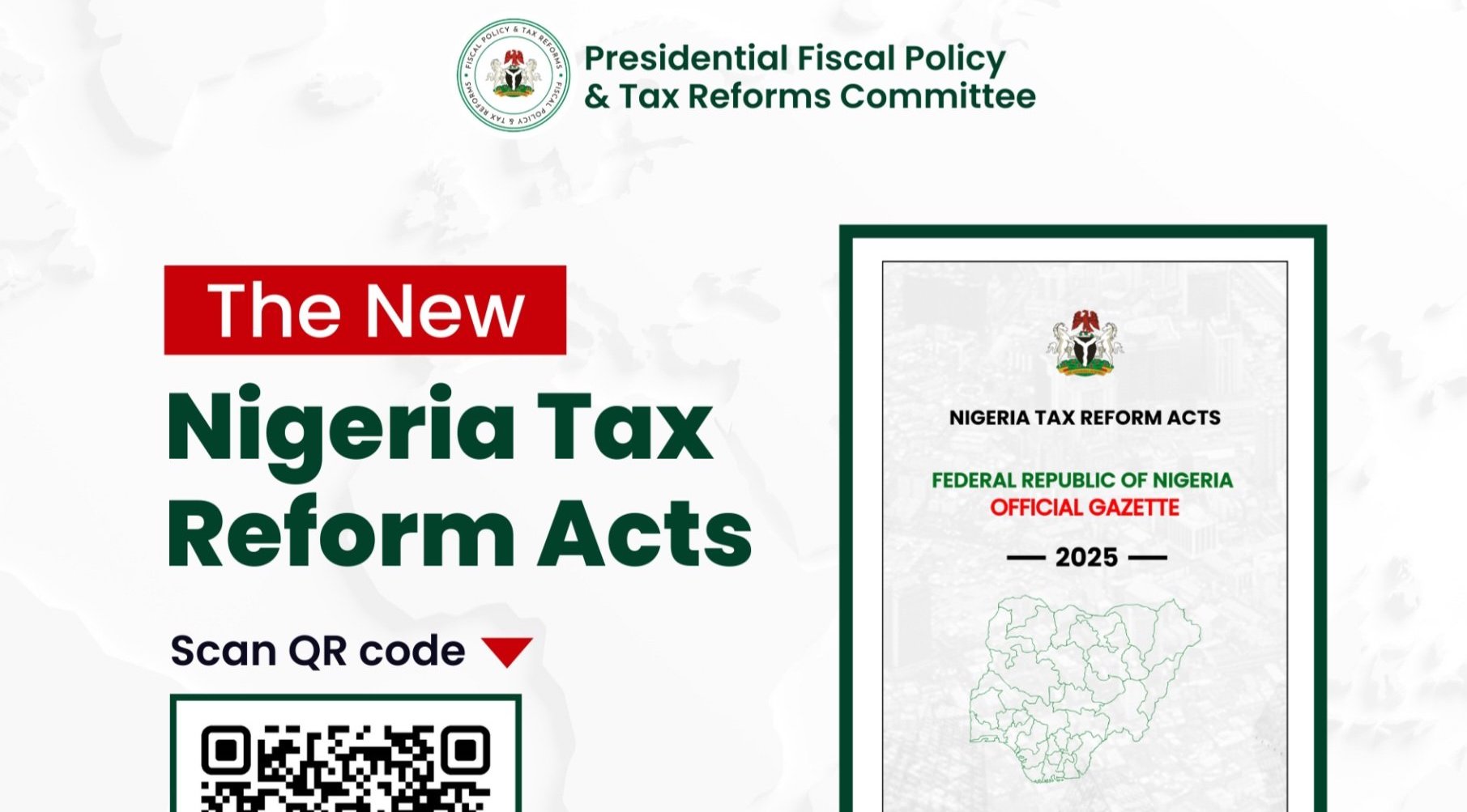Funmi Ogundare
The United Nations Children’s Fund (UNICEF) has called for deliberate government action to institutionalise and sustain the National Social Register (NSR), as a critical tool for poverty reduction and evidence-based planning in Nigeria.
The Social Policy Manager, UNICEF, Mohammed Okorie, who made this call at the National Social Safety -Nets Coordinating Office (NASSCO) stakeholders engagement conference in Lagos Monday, themed, ‘Advancing Social Protection through the National Social Register (NSR): A Strategic Planning Tool for a Resilient Nigeria ‘, emphasised the importance of the register.
He explained that the NSR is a database of poor and vulnerable households identified through community input and proxy-means testing, which helps governments and development partners target beneficiaries accurately.
“Implementation and programming are no longer based on assumptions or political considerations, but on data that shows who is poor, where they live, and the level of deprivation they face,” he said.
To sustain the NSR, he stressed the need for a strong policy framework mandating all poverty-related interventions to use the register as a reference point.
He also urged states to establish functional agencies dedicated to regularly updating the register, backed by direct government budgets. “As poverty dynamics change, more people fall in or out of poverty. The register must be constantly updated so that interventions remain relevant and effective,” Okorie noted.
Citing Lagos State as an example, he said the register has made it easier to implement targeted programmes, such as empowerment schemes by the Ministry of Women Affairs, which now draw beneficiaries directly from the database rather than through political affiliations.
He further explained that the NSR is evolving to capture multidimensional poverty, beyond income levels, by including indicators such as education, health and other forms of deprivation.
The social policy manager emphasised that the register provides government with the evidence to prioritise interventions and allocate resources more judiciously.
He also underscored the importance of partnerships, noting that civil society, private sector actors, philanthropists and development partners all have roles to play in ensuring accountability and expanding the use of the register.
“Civil society can help ensure that those who should benefit are not left out, while the private sector can use the data to design targeted programmes such as youth employment and entrepreneurship support,” he said.
In her remarks, the Permanent Secretary of the Ministry of Economic Planning and Budget, Mrs Olayinka Ojo, emphasised its partnership with UNICEF, saying that its achievements stem from policies anchored on reliable and quality data that guide investments in social welfare.
She noted that Governor Babajide Sanwo-Olu’s administration has made deliberate, evidence-based commitments over the last six years, ensuring that interventions deliver measurable impact.
“Whatever success we have achieved in Lagos today is not without the quality of data that drives the investments the governor has committed to,” she stated.
Tracing the state’s journey, she recalled that UNICEF first partnered with Lagos in 2018, driving the development of a state-specific social protection policy. The fund supported stakeholder engagements, technical working groups, and the establishment of budgetary frameworks that strengthened coordination and accountability.
Beyond policy, she noted that the state focused on practical outcomes, helping citizens graduate from poverty and become self-reliant.
The Director of Social Protection in the state and Coordinator of the Lagos State Operations Coordinating Unit (LASOCU), Mrs. Oluwakemi Garbadeen-Adedeji, noted that social register has become the backbone of interventions, containing over 230 data points that enable government agencies to properly classify households by their level of poverty.
“With the register, we can now work one-on-one with registrants. We are able to identify widows, people living with disabilities and vulnerable children, and then onboard them to the appropriate ministries and agencies such as the Ministry of Women Affairs, LASODA, or scholarship schemes,” she explained.
She stated that unlike in the past when support was limited to handouts such as food items or small equipment, the new system ensures that beneficiaries are systematically linked to programmes designed to improve their livelihoods in a sustainable manner.
The director added that a Social Protection Implementation Technical Working Group has been established to support policy rollout across ministries, departments and agencies.
“These measures mean that social protection is no longer just a project but a permanent part of governance in Lagos. All MDAs now have the responsibility to work with the register and deliver targeted interventions that truly change lives,” Garbadeen-Adedeji said.
Earlier in her remarks, the National Programme Manager of NASSCO, Dr. Funmi Olotu, stated that the National Social Register has grown to cover over 19 million households and more than 70 million individuals making it one of the largest social protection databases in the world.
“Beyond the numbers, the real issues is that mothers in rural communities, young people searching for opportunities and households on the margins of poverty are beginning to see a government that knows them, recognises their struggles and is deliberate about supporting them,” she stated.
The post UNICEF Calls for Institutionalisation of National Social Register to Tackle Poverty in Nigeria appeared first on THISDAYLIVE.







